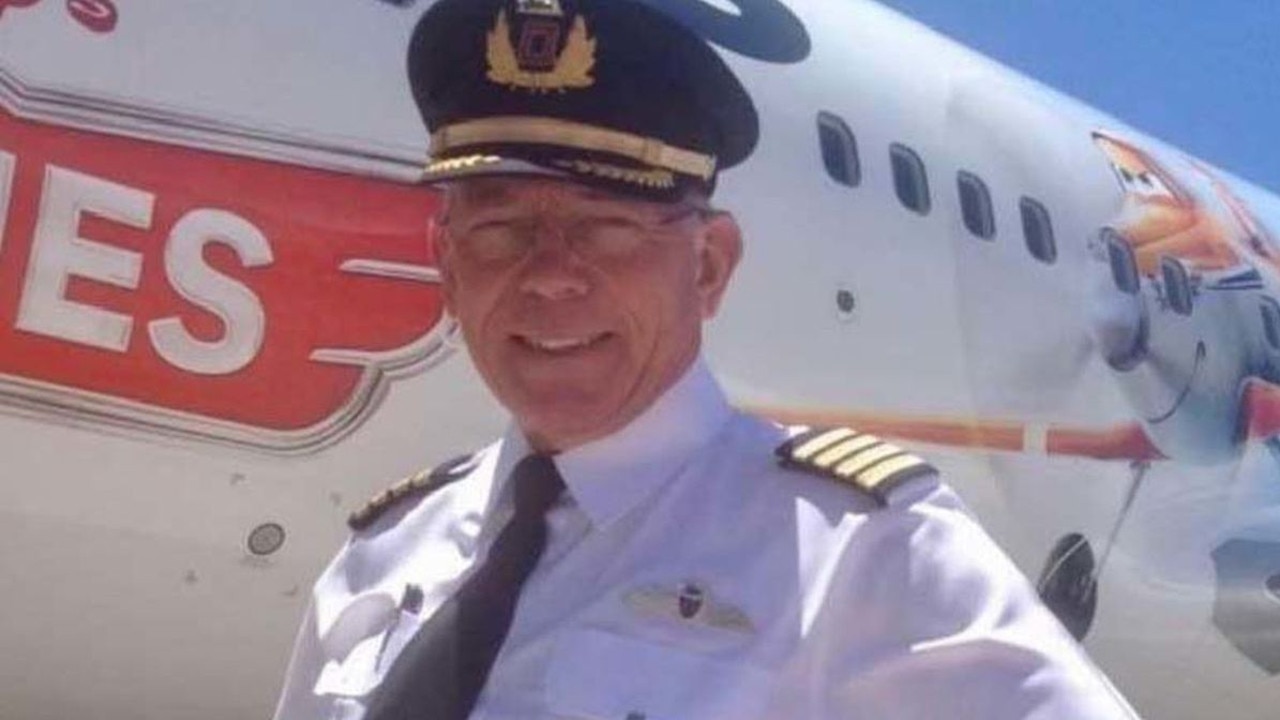Qantas ‘aggressive’ behavior under spotlight ahead of Senate grilling
The first public hearing into Australia’s aviation sector heard details of fierce airline competition and price gouging.
Qantas was labelled the most aggressive air carrier in the country by the nation’s leading airport chief after new details emerged over the national airlines “strong presence” in Canberra.
Sydney airport chief Geoff Culbert told a Sydney hearing that aviation was a “cutthroat” industry that breeds a tough culture and that this was evident during his interactions with Qantas.
“We don’t always see eye to eye on every issue,” Mr Culbert told Senators.
“It’s no surprise to anyone if i said that they always had a strong presence in Canberra [...] and they are a robust counterparty for us to negotiate with.”
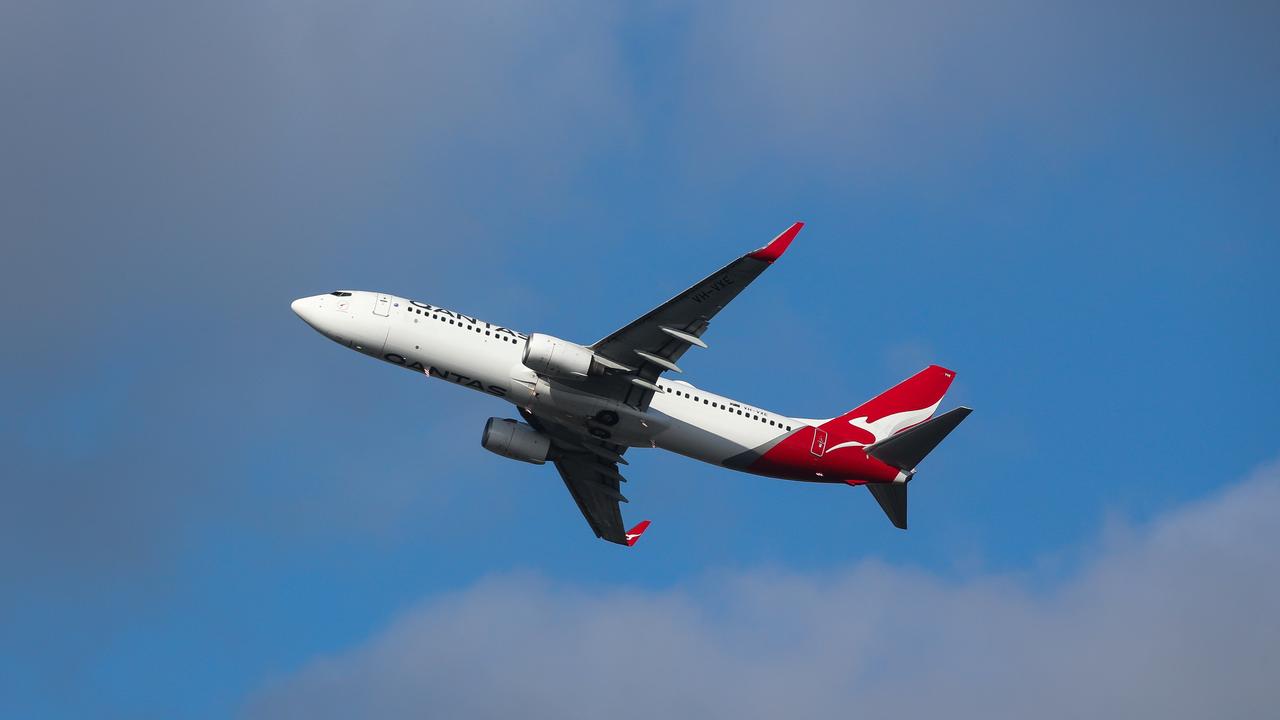
Mr Culbert used the first day of a Senate probe into Australia’s aviation industry to urge intervention on ‘slot-hoarding’, which he said has driven up ticket prices.
Slot hoarding or the so-called “use it or lose it” was designed to prevent airlines from bidding for all unallocated slots and deliberately not flying them as a tactic to block competitors looking to introduce a rival service.
About ten per cent of airplane slots are wasted under current air service agreements, he said, which has contributed to rampant flight delays and cancellations.
“Cancellation rates are too high, access to slots are way too low, and the travelling public are the ones who are paying the price,” Mr Cubert told Senators.
According to government data, nearly one in ten flights between Sydney to Melbourne were cancelled in July.
The inquiry heard increasing airfares also could have dropped by 10 per cent if the federal government hadn’t rejected a bid from Qatar Airways to fly extra planes into Australia.
Airline Intelligence and Research chief executive Tony Webber said ticket prices would have dropped “between 7 and 10 per cent” if Transport Minister Catherine King granted Qatar Airways bid for 21 extra flight services in July.
He estimated the decision costed Australia’s tourism industry $1bn and drove up “aggressive” competition between airlines and flagged Qantas as a main culprit.
“If a new carrier encroaches on its routes, or on its market share, then it‘ll aggressively respond,” Dr Webber said.
“It will do that by adding capacity to routes. It‘ll do that by pursuing greater pursuit of the corporate market.”
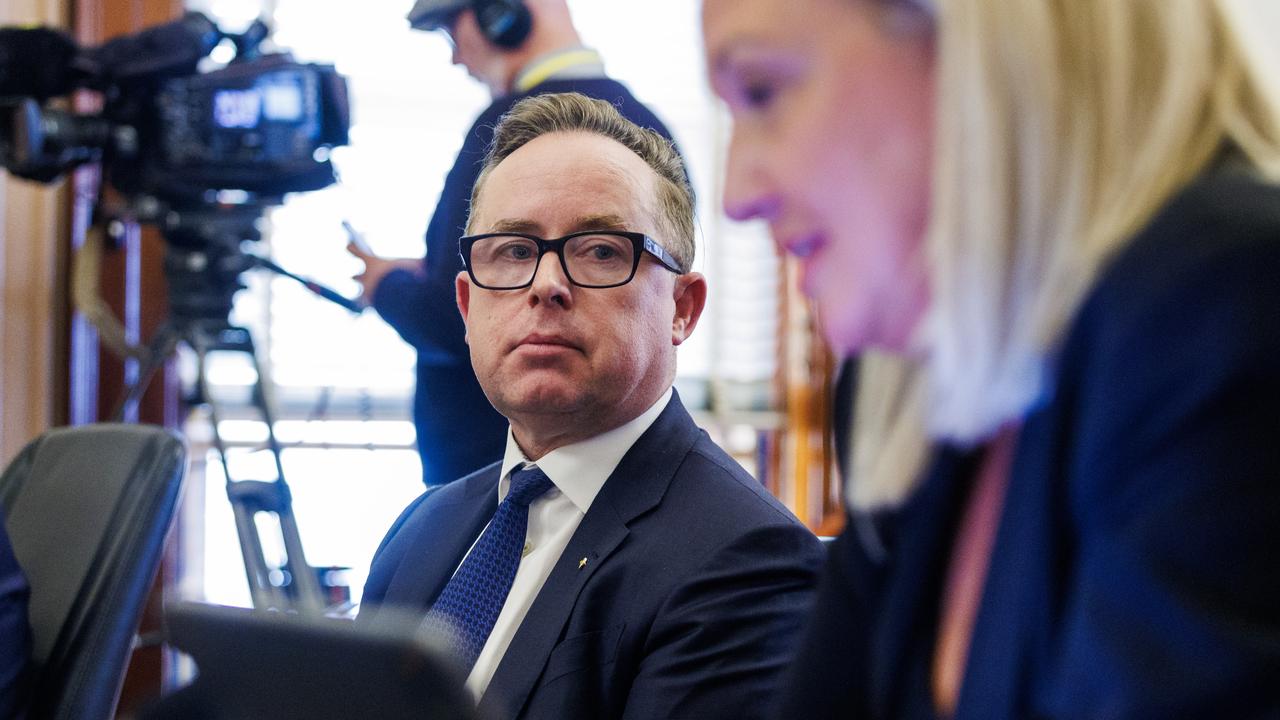
The hearing also heard that Qatar Airways used “extremely aggressive” defence tactics against five Australian women seeking legal action after being forcibly strip-searched at gunpoint after boarding a flight back to Sydney.
Lawyers representing women taking legal action against Qatar Airways and Qatari authorities shared horrific details to the public hearing on Tuesday.
It was told how hundreds of women on a Qatar Airways flight awaiting takeoff in 2020 were removed under gunpoint by Qatar Airways staff and armed guards.
“Most of them were forced to undergo body (and) in some cases vaginal examinations without their consent,” representatives from Marque Lawyers said.
“They were threatened that if they did not cooperate they would not be allowed back on the plane. None of them knew the reason for the searches – some of them thought that it was something to do with a terrorist incident.”
Qatari authorities claimed the searches were ‘necessary’ to try to locate the mother of an abandoned newborn.
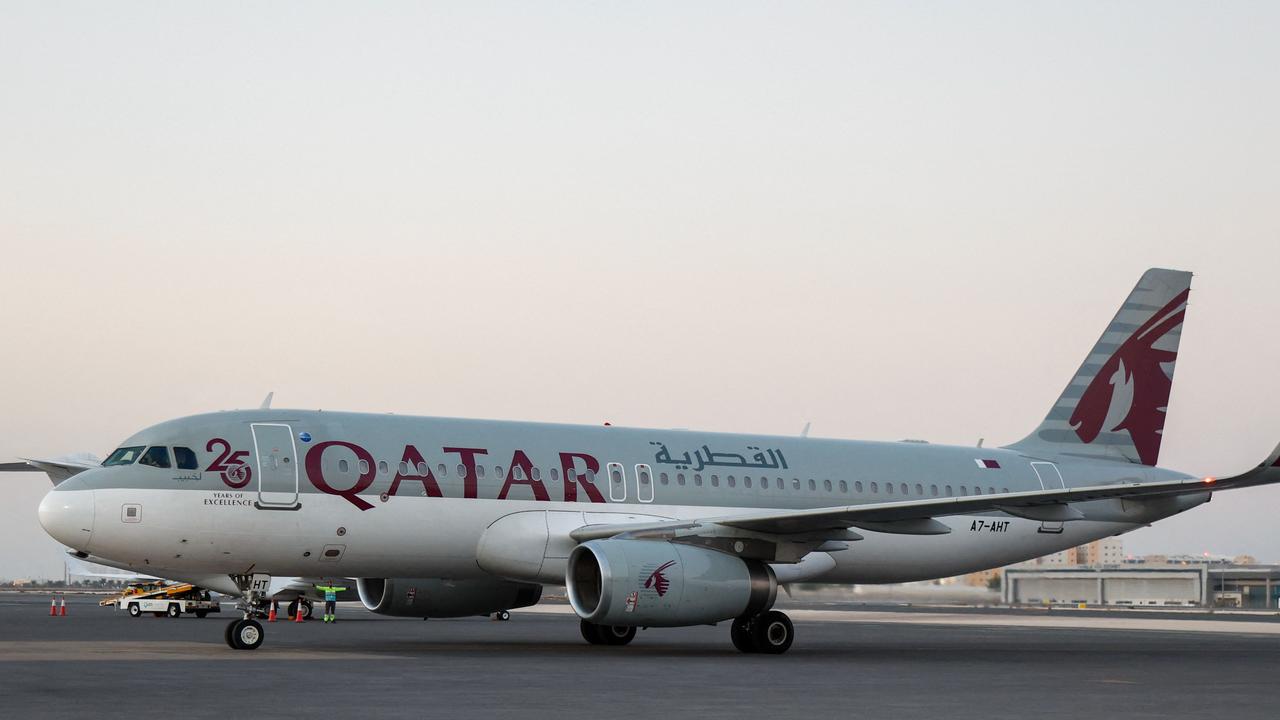
The hearing came after Transport Minister Catherine King cited the event as a factor in her decision to block Qatar Airways from adding extra flights into Australia.
Lawyers said they “didn’t know” if the women had been used as a smokescreen by the government to justify the move but pressed that the women sought justice from the airline.
“They (the women) would like an apology. They would like some assurance that this isn't going to happen to anyone that would like something other than the brick wall that they faced from the airline so far,” lawyers said.
“What happened to them was extraordinary and the airline has not answered for it.”
Qatar Airways released a public apology for the incident, which made international headlines in October 2020.
The airline also issued a statement on Monday which said it intended to send an unnamed representative to front public hearings next week.
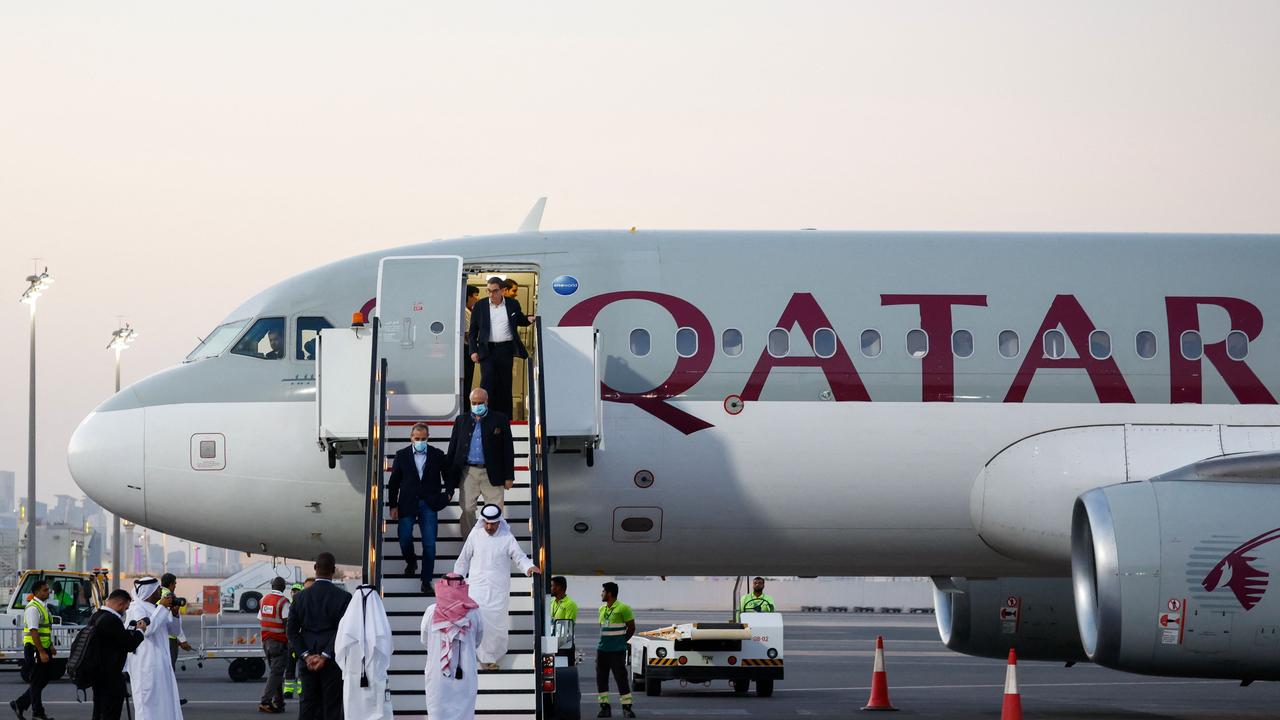
This followed questions over whether Qatar Airways chief Akbar Al Baker would make an appearance after the airline boss broke his silence over the weekend, declaring the Transport Minister’s move “very unfair.”
Senators questioned Mr Al Baker’s speculated absence and also raised concerns about Qatar Airways “dodging questions” about an ongoing corruption scandal involving members of the European parliament.
This came after Labor Senator Tony Sheldon released a statement which said Qatar Airways and the Qatar Civil Aviation Authority would be called upon over the coming days.
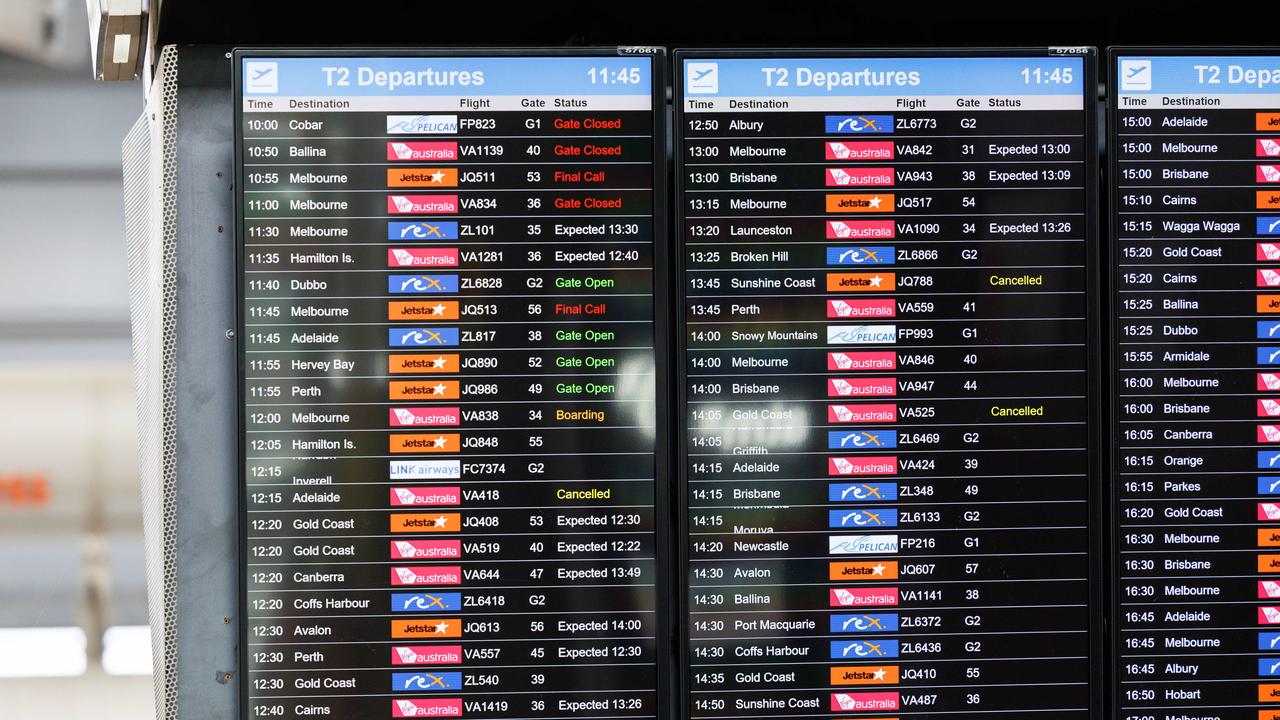
Earlier in the day, The Australian Travel Industry Association, which represents the majority of the nation’s travel agents, tour operators and wholesalers, said reform was needed to address the issues that had “long plagued” the aviation industry and air ticket distribution landscape.
In its submission to the inquiry, it called for the national interest to be clearly defined and “should not be a reason in its own right”.
“The current system determining which airlines can operate in and out of Australia was established in 1944,” ATIA chief Dean Iong said.
“This system was designed to protect the interests of national carriers which at that stage were largely government owned. While times have changed, the system has not.”

